 Question: Should benefit enrollment documents be placed in the employee’s personnel files or should they be kept separate?
Question: Should benefit enrollment documents be placed in the employee’s personnel files or should they be kept separate?
Answer: Due to privacy concerns, it is considered a best practice to keep all benefit documents in a separate file and location from personnel records. Benefit forms contain personal confidential information, including dependent information, that requires a high level of security. Personnel files of all types should be kept in a locked file, ideally in a secure location.
We recommend keeping separate files as follows:
- Personnel file — employment application, resume, job description, offer letter, status change forms, acknowledgement of company handbook, code of conduct and other policies, emergency contacts, address change forms, disciplinary action, evaluations, certifications, course completions, and accommodations.
- Benefits file — enrollment/waiver forms, enrollment change forms, medical forms.
- Reference checks and pre-employment screening — reference checks, verifications of employment requests, drug tests and background checks.
- Payroll file— compensation changes, W-4 and state tax withholding forms, direct deposit forms.
In addition, you may need to create additional files and keep them separate from personnel, payroll, and benefits files. These may include:
- Wage garnishment file
- FMLA file and/or ADA accommodations file
- Investigation file
Finally, I-9 forms can be handled a little differently. We recommend keeping all active I-9 forms in a binder if your company size can accommodate that or in a separate file drawer or cabinet away from personnel files. Separately, maintain a binder (or separate file drawer) of I-9 forms for employees who are no longer with your company. In the event of an audit by Immigration and Customs Enforcement (ICE), you can quickly turn over these materials for review, preventing auditors’ access to personnel files or other sensitive information.



